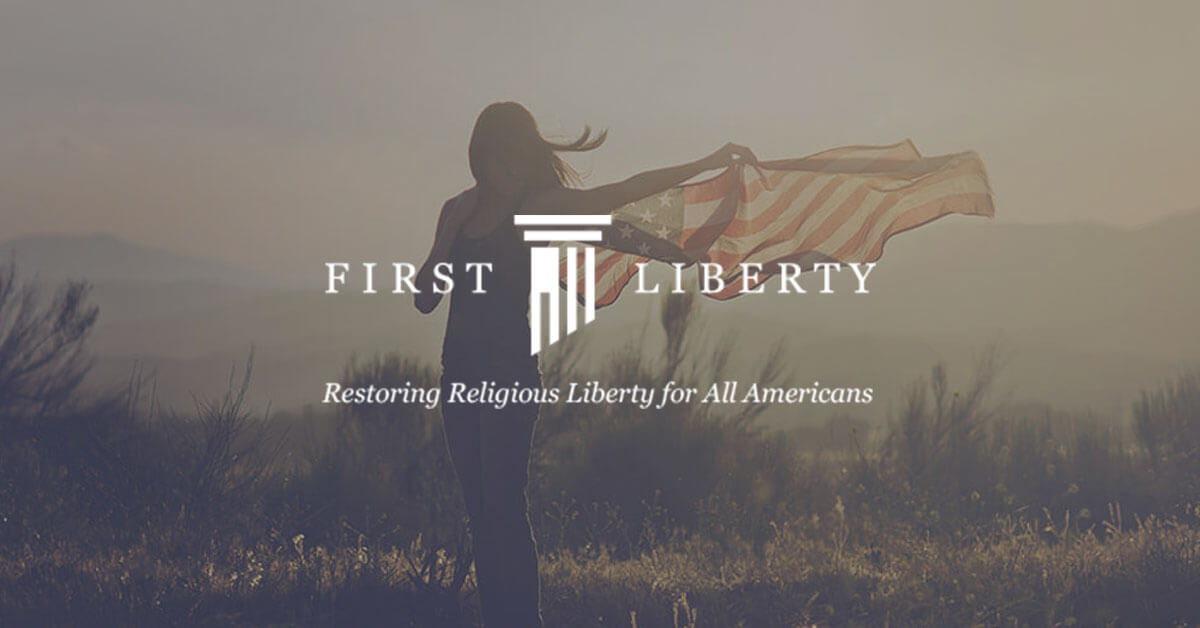By: Lacey McNiel – firstliberty.org – February 10, 2020
Today, First Liberty Institute filed a friend-of-the-court brief urging the Supreme Court of the United States to protect the right of religious schools to decide who teaches their faith in Our Lady of Guadalupe School v. Morrissey-Berru.
“The Supreme Court ruled in a unanimous decision that the Constitution bars the government from imposing an unwanted minister on a church,” said Stephanie Taub, Senior Counsel for First Liberty Institute. “The unanimous Court held that this principle applies to at least some teachers at religious schools. Now, the Ninth Circuit has questioned the school’s right to freely choose who will teach religion to the next generation.”
Last year, the U.S. Court of Appeals for the Ninth Circuit concluded that, though a teacher at Our Lady of Guadalupe School “did have significant religious responsibilities” and acknowledged her commitment “to incorporate Catholic values and teachings into her curriculum,” these religious duties were not sufficient to invoke the Constitution and allowed her lawsuit against the school to proceed.
According to First Liberty’s brief, “The Free Exercise Clause protects mosques, synagogues, churches, and other religious organizations’ right to freely convey their religious teachings through their ministers. The question before the Court is who should be considered a ‘minister.’ Any definition of minister that confines ministers to particular titles or that prefers ministers in particular organizational structures, such as hierarchical, formal churches, must be rejected. Likewise, any definition that requires judicial scrutiny into religious doctrinal questions must also be rejected.”
In a unanimous 2012 decision in Hosanna-Tabor Evangelical Lutheran Church & School v. EEOC, the Supreme Court concluded that the First Amendment’s ministerial exception prevents employment-related cases from being brought by ministerial employees against their religious employers. As Justices Alito and Kagan explain in their concurrence, “Religious autonomy means that religious authorities must be free to determine who is qualified to serve in positions of substantial religious importance.”
A copy of the brief is available here.
To see this press release and get more information from First Liberty, click read more.
Source: First Liberty Institute Defends Freedom | First Liberty
 Listen Online
Listen Online Watch Online
Watch Online Find a Station in Your Area
Find a Station in Your Area









 Listen Now
Listen Now Watch Online
Watch Online
